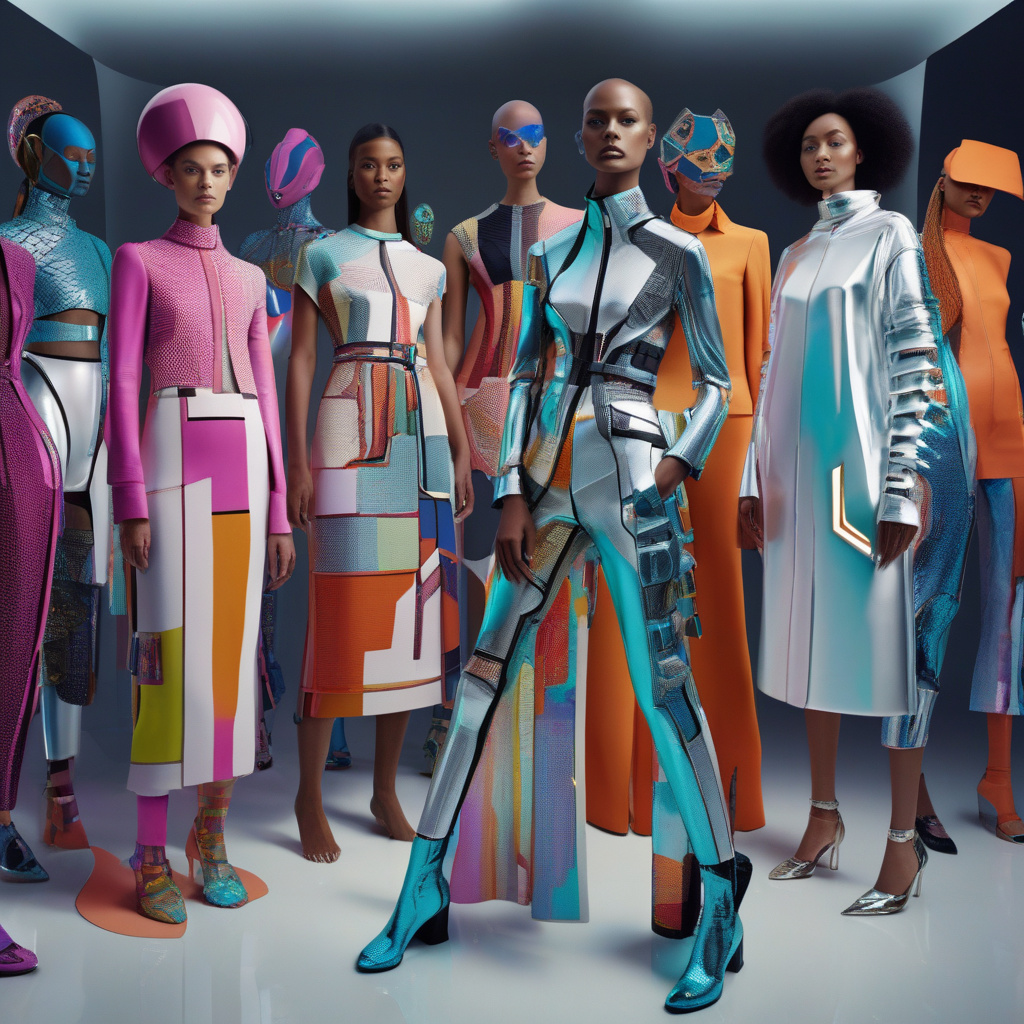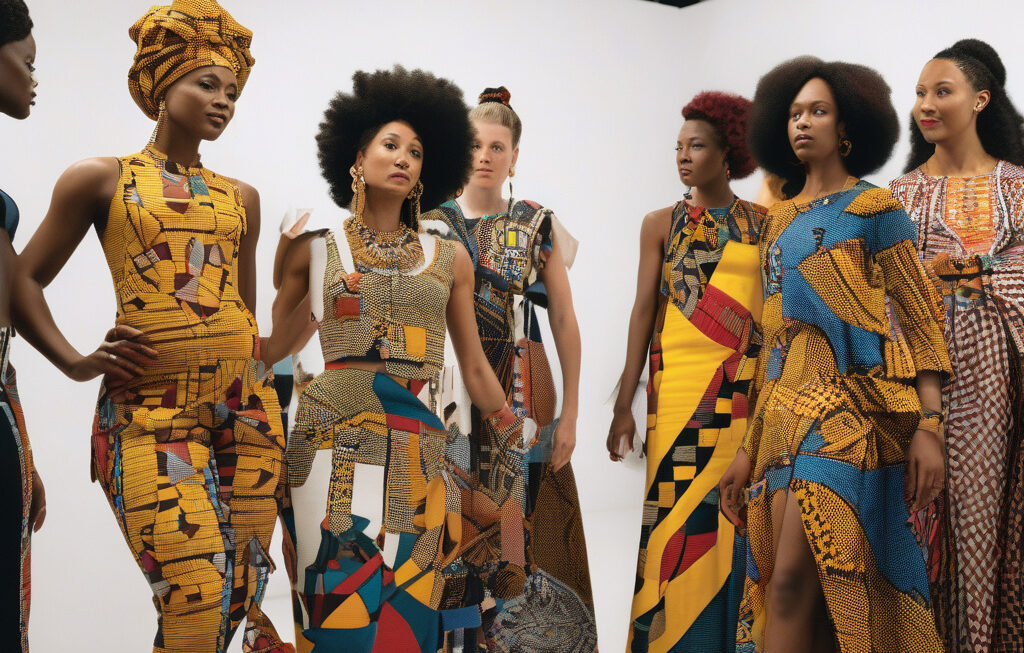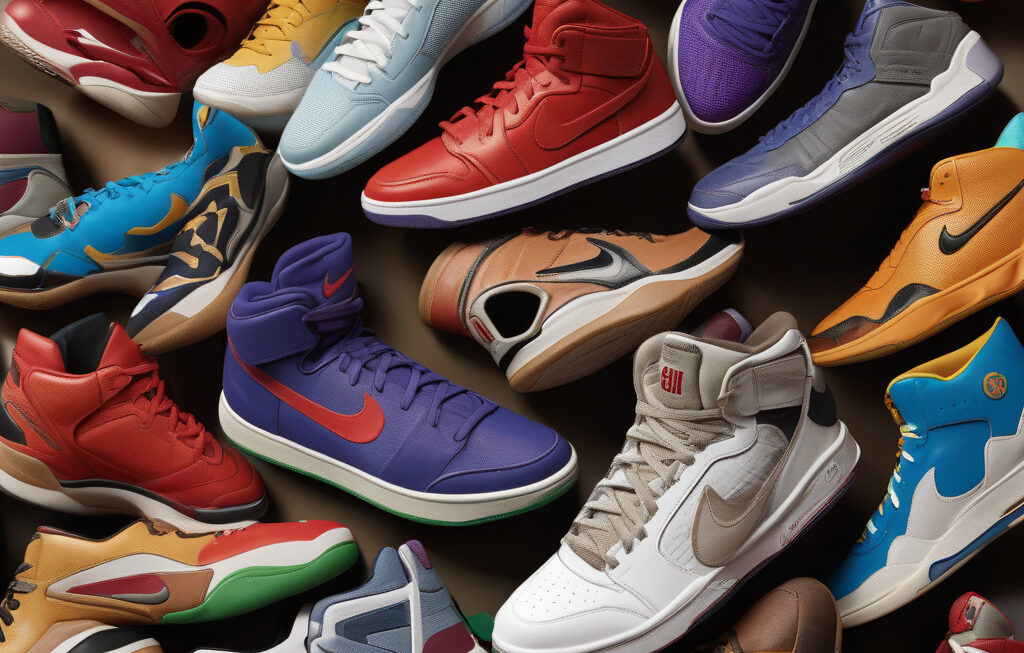The Fake Fashion Campaigns That Show AI’s Future in Marketing
In the fast-paced world of fashion marketing, staying ahead of the curve is essential for brands looking to make a lasting impression on consumers. With the rise of artificial intelligence (AI), a new wave of creativity and innovation is sweeping through the industry, giving birth to AI-generated campaigns that are turning heads and sparking conversation. These campaigns not only showcase the capabilities of AI but also offer a tantalizing glimpse into what the future of marketing could look like.
One recent example of this AI-powered creativity comes from none other than the iconic fashion house Gucci. Known for its boundary-pushing designs and avant-garde approach to marketing, Gucci recently collaborated with an AI program to create a series of fake fashion campaigns. These campaigns featured digital models wearing virtual clothing in surreal settings, blurring the lines between reality and imagination.
What makes these AI-generated campaigns so intriguing is their ability to capture the essence of a brand and its aesthetic, all while pushing the boundaries of traditional marketing. By harnessing the power of AI, brands like Gucci are able to experiment with new ideas and concepts that may have been deemed too risky or avant-garde in the past. This not only allows for greater creative freedom but also opens up new possibilities for engaging with consumers in innovative ways.
But what sets AI-generated campaigns apart from their human-created counterparts? For starters, AI has the ability to process vast amounts of data and information in a fraction of the time it would take a human. This means that AI can quickly analyze trends, consumer preferences, and cultural shifts to create campaigns that are not only visually stunning but also highly targeted and relevant.
Additionally, AI does not have the same limitations and biases that humans do, allowing for truly out-of-the-box thinking and creativity. This can result in campaigns that challenge societal norms, redefine beauty standards, and push the boundaries of what is considered possible in the world of marketing.
Of course, AI-generated campaigns are not without their challenges. Critics argue that AI lacks the emotional intelligence and human touch necessary to create truly impactful and meaningful marketing campaigns. While AI can certainly mimic human creativity to a certain extent, there is still a level of authenticity and emotion that is difficult to replicate.
Despite these challenges, the potential for AI in the world of marketing is vast and exciting. As technology continues to advance and AI becomes more sophisticated, we can expect to see even more groundbreaking campaigns that push the boundaries of creativity and redefine what is possible in the world of fashion marketing.
In conclusion, the rise of AI-generated campaigns in the fashion industry offers a tantalizing glimpse into the future of marketing. Brands like Gucci are already embracing this new technology, using it to create campaigns that are not only visually stunning but also highly innovative and thought-provoking. While there are challenges to overcome, the potential for AI in marketing is vast, and the possibilities are endless.
fake fashion, AI marketing, Gucci, creativity, innovation











